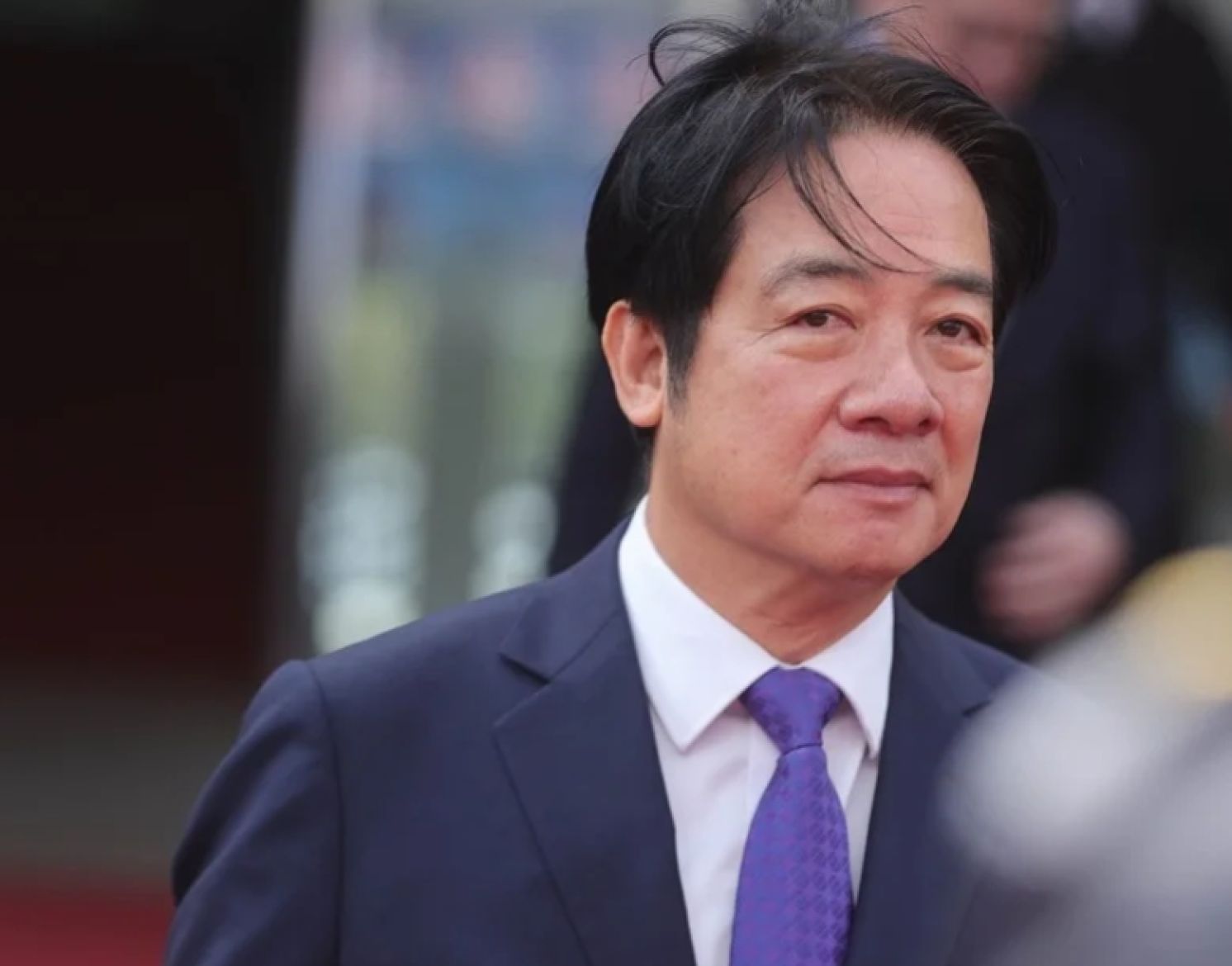
President Lai Should Re-Nominate Grand Justices to Resolve Constitutional Deadlock
United Daily News Editorial, January 15, 2025
The public is extending close scrutiny to how President Lai Ching-te will proceed after receiving the Legislative Yuan's notification of the reconsideration motion on the Constitutional Court Procedure Act. It is expected that he will complete the promulgation process within a few days.
Following the Executive Yuan's failure to pass the reconsideration of the Constitutional Court Procedure Act, the pressure now shifts to President Lai. Key decisions include when to promulgate the new law, whether to request constitutional interpretation under the pretext of "preventive legal remedy," and who should make such a request. Each step involves complex political calculations, constitutional legal confrontations, and tests of the public's patience. However, a simpler solution exists: President Lai could re-nominate impartial and independent grand justices to restore the operation of the Constitutional Court. But will President Lai, emboldened by political battles, step back and take this course?
The Lai administration is so invested in the amended Constitutional Court Procedure Act because it upends the "comfort zone" the ruling Democratic Progressive Party (DPP) enjoyed for the past eight years. Under former President Tsai Ing-wen, the Legislative Yuan operated like a government-controlled legislative council, enacting laws at the administration's discretion. Additionally, with a lineup of pro-DPP grand justices, the DPP was nearly invincible in both legal and political battles. Now, however, the "double minority" government faces setbacks in the legislature, and only eight grand justices remain after a transition. If the Constitutional Court Procedure Act is amended, the Constitutional Court will no longer function as the DPP's "own people." The DPP, therefore, seeks to take full advantage of the remaining opportunity to "freeze" the new law with the help of the eight grand justices.
This insistence on such brazen tactics has even drawn criticism from within the DPP. Chairman Yu Ying-lung of the Taiwan Public Opinion Foundation recently expressed disapproval of Premier Cho Jung-tai's decision to resort to non-countersignature tactics against this motion. Yu urged the DPP to acknowledge its losses and strategize for future victories, instead of repeatedly inviting defeat and humiliation. Former Vice President Annette Lu has also remarked on recent political developments, lamenting that in a democracy, there is no such thing as a "permanent ruling party." Extending political power relies on serving voters, not mere political maneuvering. However, the Lai administration, caught in the heat of the moment, may not heed such well-intentioned advice.
The Executive Yuan's current plan is to use the three-day window between the President's promulgation of the law and its formal effect to request "preventive legal remedy" from the Constitutional Court, thereby halting its implementation until the constitutional interpretation is concluded. Although seemingly clever, this strategy is fundamentally flawed. First, "preventive legal remedy" typically applies to civil cases to protect the rights of involved parties. Applying it to legislative matters to "protect the ruling party's rights" is an obvious overreach. Second, while this mechanism exists in German law, Taiwan's constitution has no such provision and should not blindly copy foreign systems. Third, even if the Constitutional Court Procedure Act is temporarily frozen, the suspension would last only six months. If cross-party relations remain unresolved, the same battles will resume half a year later, leading to identical outcomes.
Another point of contention is who should request constitutional interpretation through "preventive legal remedy." The Executive Yuan is currently taking the lead, driven by its determination. However, the amendment to the Constitutional Court Procedure Act concerns the operation of the Constitutional Court, which falls under the jurisdiction of the Judicial Yuan. If the Executive Yuan bypasses the Judicial Yuan to request interpretation, it will only reinforce the perception that the Lai administration disregards the separation of powers among the five branches of government. As for the possibility of the DPP caucus taking matters into its own hands, party whip Legislator Ker Chien-ming has expressed opposition, stating that any request should wait until the law formally takes effect. In other words, Legislator Ker does not believe "preventive legal remedy" is a viable option and is unwilling to take responsibility for it.
In light of the above factors, it is clear that if the Lai administration pursues constitutional interpretation and provisional measures for the Constitutional Court Procedure Act, it will face a challenging and uphill path. Objectively, the public is already frustrated with the DPP's disruptive actions, such as blocking the legislative reform bill and vehemently opposing the "Three Laws." The political turmoil shows no signs of abating. Subjectively, even DPP veterans like former Vice President Annette Lu feel that "Lai-style democracy" has deviated from its original spirit of serving the people. Technically, even the skilled Legislator Ker doubts the feasibility of "preventive legal remedy." How, then, can a political appointee with little expertise execute such a bold and controversial maneuver?
The essence of governance lies in returning to its original purpose: meeting the needs of the people. President Lai would do well to focus on re-nominating grand justices, as this is the proper course of action.